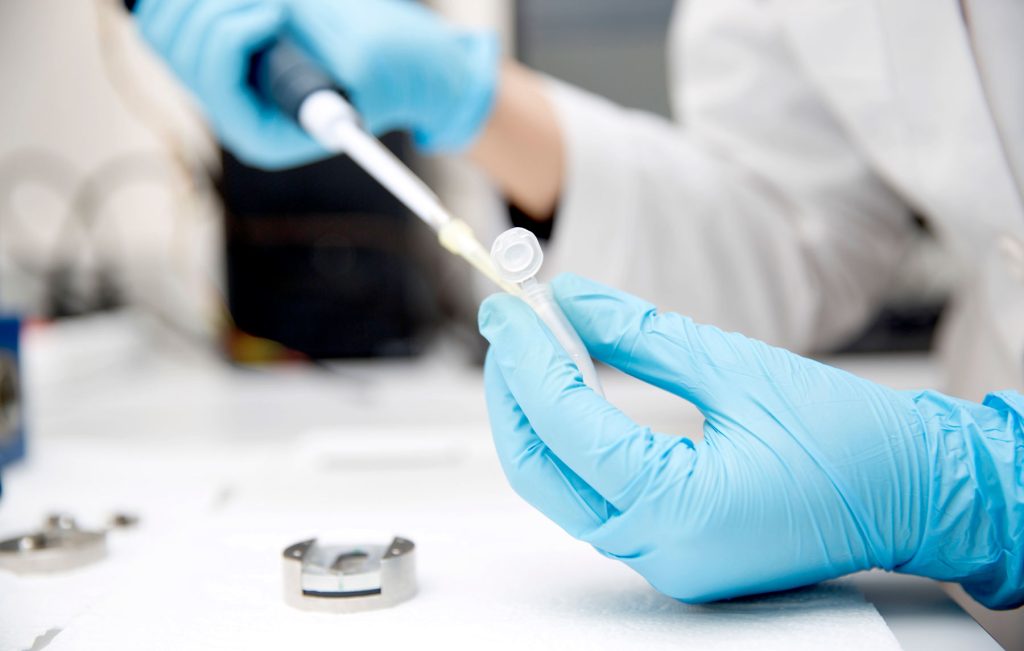- About
Our consultants
Meet our experienced team of consultantsSupport team
Meet our support team working alongside our doctors to deliver the very best careOur clinic
Discover more about The Fertility & Gynaecology Academy
- Patient journey
I am a...
Learn about the services relevant to your fertility journeyThe journey...
Learn about what's involved in fertility treatment
- Fertility tests
Packages
Fertility testing packages to take the hassle out of investigations
More screening options
Find out about our additional screening options - Treatments
Getting pregnant
Fertility treatments to help you achieve your dream
Add-on treatments
Learn about add-on fertility treatments
Supporting treatments
Additional services to support you on your fertility journey - Success rates
- Knowledge hub
Watch, read, and learn
Expand your knowledge on all aspects of fertilityLatest article
- Pricing
Financing fertility treatment
Honest and transparent pricing for peace of mind
No two patients have the exact same treatment but here we have provided an example patient journey to help illustrate what a straight-forward IVF cycle might look like cost-wise.
- Contact
PGT-A & PGT-M
These types of genetic testing are thought to help improve outcomes of fertility treatment in some women.
The Fertility & Gynaecology Academy is one of the few fertility clinics in the UK which offers genetic testing in house.

These types of genetic testing are thought to help improve outcomes of fertility treatment in some women.
The Fertility & Gynaecology Academy is one of the few fertility clinics in the UK which offers genetic testing in house.
For couples with a family history of chromosome problems, we are able to offer pre-implantation genetic testing of embryos to detect any inherited abnormalities and give you peace of mind.

Pre-implantation Genetic Screening (PGS/PGT-A)
What is it?: Pre-implantation genetic screening (PGS) involves detection of any numerical chromosome abnormalities in the embryo before its transfer to the uterus during an IVF/ICSI treatment.
What does it do?: This process avoids the transfer of abnormal embryos to the womb. Chromosome abnormalities can cause failure of embryos to implant (causing repeated unsuccessful cycles of IVF) and recurrent miscarriage.
There have been recent enhancements to this technique which have made possible the screening of all 23 pairs of chromosomes within an embryo.
Please note: Any patients undergoing PGS (PGT-A) will be provided with this PGT-A Patient Information Leaflet and this PGT-A Consent Form. Please refer to these for further information.
Introducing PTA technology for Preimplantation Genetic Testing (PGT)
We’re delighted to announce an upgrade in our genetic testing services: the launch of CooperSurgical’s Primary Template-directed Amplification (PTA) technology for Preimplantation Genetic Testing (PGT).
Pre-implantation Genetic Diagnosis (PGD/PGT-M/SR)
What is it?: Pre-implantation genetic diagnosis (PGD) is a technique for couples with a specific inherited condition who wish to avoid passing it on to their children.
What does it do?: This procedure involves checking the genes of embryos created during an IVF/ICSI treatment for this genetic condition, before transfer to the womb. Chromosome abnormalities such as aneuploidy (extra or missing chromosomes), translocations, inversion, insertion or ring chromosomes are responsible for a large portion of genetic diseases. Single gene disorders can also be transmitted from parents to their offspring. Using PGD, these structural chromosome abnormalities and single gene disorders can be detected in the embryo before its transfer to the uterus.
Any patients undergoing PGD (PGT-M/SR) will be required to complete this PGT-M/SR Consent Form. Please refer to this for further information.
Please note: HFEA’s view on genetic testing. You can also find further information on the British Fertility Society website.

Get in touch today
To find out more, call the clinic on 020 7224 1880.
Alternatively, if you’re ready to go ahead, you can book a consultation by clicking below.


